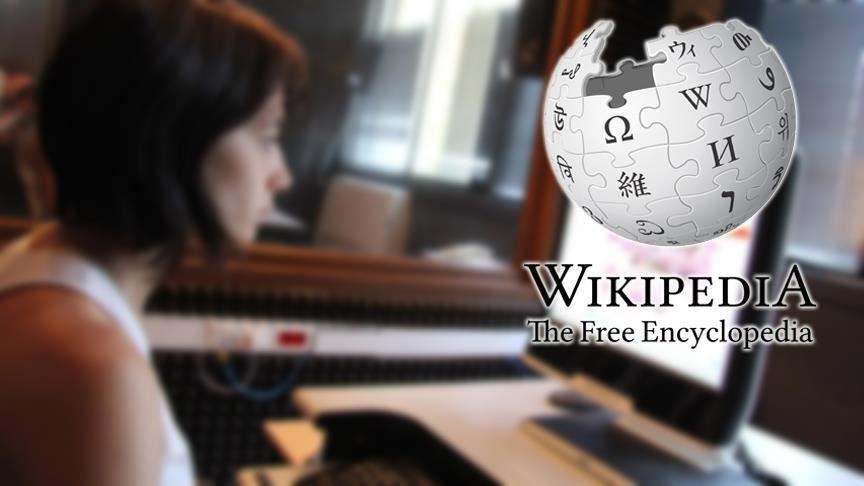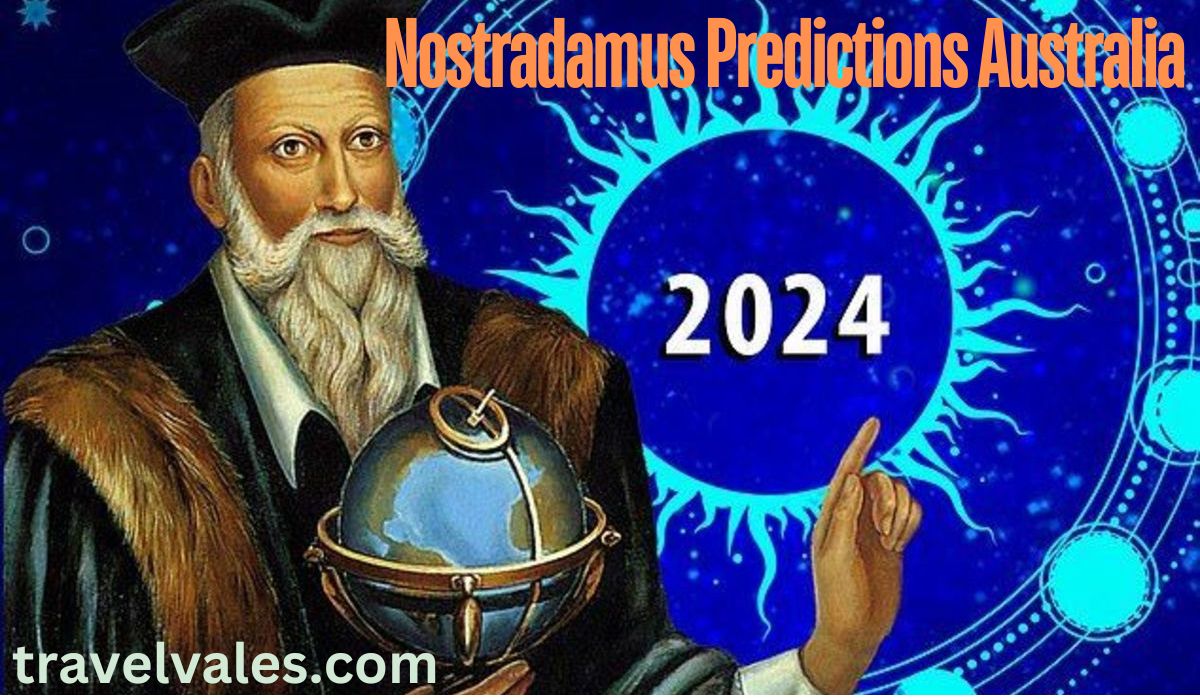Milliyet is a Turkish word that translates to “nationality” or “nationhood” in English. It is derived from the Arabic word “milla,” which means “nation” or “community.” In the context of Turkey, Milliyet has a rich and multifaceted significance, encompassing aspects of national identity, culture, and history. This article will delve deep into the various dimensions of Milliyet, exploring its historical roots, cultural significance, and contemporary relevance.
Historical Background of Milliyet
Early Historical Context
The concept of Milliyet has its roots in the Ottoman Empire, which ruled over a diverse and multi-ethnic population. The empire’s administrative system categorized people based on their religious affiliations rather than their ethnic backgrounds. This system was known as the Millet system. Under this system, different religious communities, such as Muslims, Christians, and Jews, were allowed to govern themselves according to their own laws and traditions.
The Rise of Turkish Nationalism
The decline of the Ottoman Empire in the 19th century and the rise of nationalist movements across Europe had a profound impact on the concept of Milliyet. Turkish nationalism emerged as a response to the growing threats to the Ottoman state and the desire to establish a modern, unified nation-state. The Young Turks, a revolutionary group, played a significant role in promoting Turkish nationalism. They emphasized the importance of a common Turkish identity, language, and culture as the foundation of the new nation.
The Establishment of the Republic of Turkey
The collapse of the Ottoman Empire after World War I led to the establishment of the Republic of Turkey in 1923 under the leadership of Mustafa Kemal Atatürk. Atatürk implemented a series of radical reforms aimed at modernizing Turkey and forging a strong sense of national identity. These reforms included the adoption of a new Turkish alphabet, the promotion of secularism, and the emphasis on a common Turkish culture and language. Milliyet became a central tenet of Atatürk’s vision for the new republic.
Cultural Significance of Milliyet
Language and Literature
Language is a crucial component of Milliyet. The Turkish language, with its rich literary tradition, serves as a unifying force for the Turkish people. The efforts to standardize and modernize the Turkish language under Atatürk’s leadership were aimed at strengthening national identity. Turkish literature, including works by prominent authors such as Orhan Pamuk and Yaşar Kemal, reflects the diverse experiences and aspirations of the Turkish people.
Folklore and Traditions
Turkey’s cultural heritage is deeply intertwined with its concept of Milliyet. Folk traditions, music, dance, and festivals play a significant role in preserving and celebrating national identity. The annual celebration of National Sovereignty and Children’s Day on April 23 and Republic Day on October 29 are examples of how national identity is reinforced through cultural events.
National Symbols
National symbols such as the Turkish flag, the national anthem (İstiklal Marşı), and iconic landmarks like the Anıtkabir (Atatürk’s mausoleum) are powerful expressions of Milliyet. These symbols evoke a sense of pride and unity among the Turkish people.
Contemporary Relevance of Milliyet
Political Landscape
Milliyet continues to be a significant factor in Turkey’s political landscape. Political parties and leaders often invoke national identity and pride in their rhetoric. The concept of Milliyet is also central to debates on issues such as minority rights, immigration, and Turkey’s relationship with the European Union.
Social Dynamics
In contemporary Turkey, the concept of Milliyet shapes social dynamics and interactions. It influences how individuals perceive themselves and others within the broader national context. Discussions on cultural assimilation, multiculturalism, and the integration of diverse communities are influenced by the notion of Milliyet.
Education and Youth
Education plays a vital role in promoting the values of Milliyet. The Turkish education system emphasizes the teaching of national history, culture, and values to foster a strong sense of national identity among the youth. Programs and activities that encourage civic engagement and national pride are integral to the educational curriculum.
Milliyet in the Global Context
Turkey’s Role on the World Stage
Turkey’s sense of Milliyet influences its foreign policy and international relations. As a bridge between Europe and Asia, Turkey’s national identity shapes its interactions with neighboring countries and global powers. The concept of Milliyet is evident in Turkey’s efforts to assert its cultural and political influence in regional and international forums.
The Turkish Diaspora
The Turkish diaspora, spread across various countries, maintains a strong connection to their Milliyet. Turkish communities abroad celebrate their cultural heritage and contribute to the global understanding of Turkish identity. The concept of Milliyet serves as a source of solidarity and pride for Turks living outside their homeland.
Challenges and Criticisms
Ethnic and Cultural Diversity
One of the challenges associated with the concept of Milliyet is balancing national unity with ethnic and cultural diversity. Turkey is home to various ethnic groups, including Kurds, Armenians, and Greeks, each with its own distinct identity. Ensuring that the concept of Milliyet is inclusive and respects the diversity within the nation is an ongoing challenge.
Nationalism vs. Globalization
In an increasingly globalized world, the tension between nationalism and globalization poses a challenge to the traditional notion of Milliyet. While national identity remains important, there is also a growing recognition of the need for global cooperation and interconnectedness.
Political Manipulation
The concept of Milliyet can sometimes be exploited for political purposes. Nationalistic rhetoric may be used to garner support or to marginalize certain groups. It is important to critically examine how Milliyet is invoked in political discourse to ensure it is used constructively rather than divisively.
Conclusion
The concept of Milliyet is deeply embedded in Turkey’s history, culture, and contemporary society. It serves as a cornerstone of national identity and pride, reflecting the diverse experiences and aspirations of the Turkish people. While it faces challenges and criticisms, Milliyet remains a powerful and unifying force that continues to shape Turkey’s national consciousness. Understanding the nuances and complexities of Milliyet is essential to appreciating the rich tapestry of Turkish identity and its place in the world.
FAQS
1. What does the term “Milliyet” mean in Turkish culture?
Answer: Milliyet, in Turkish culture, translates to “nationality” or “nationhood.” It encompasses the sense of national identity, cultural heritage, and the collective experience of the Turkish people. The term is deeply rooted in the country’s history and plays a vital role in defining what it means to be Turkish, incorporating aspects of language, traditions, and national symbols.
2. How did the concept of Milliyet evolve in Turkey’s history?
Answer: The concept of Milliyet evolved significantly over time. During the Ottoman Empire, people were categorized based on their religious communities through the Millet system. The rise of Turkish nationalism in the 19th century, influenced by European nationalist movements, emphasized a unified Turkish identity. Mustafa Kemal Atatürk’s reforms in the early 20th century further solidified Milliyet by promoting a common language, secularism, and cultural unity. The establishment of the Republic of Turkey in 1923 marked a pivotal point in the evolution of Milliyet, shaping it into a cornerstone of modern Turkish national identity.
3. What role does language play in the concept of Milliyet?
Answer: Language plays a crucial role in the concept of Milliyet. The Turkish language acts as a unifying force for the nation, fostering a sense of shared identity and cultural continuity. Atatürk’s language reforms, including the adoption of a new Turkish alphabet, aimed to modernize and standardize the language, reinforcing national unity. Turkish literature, with its rich tradition and notable authors, also reflects and strengthens the cultural and national identity embodied in Milliyet.
4. How does Milliyet influence contemporary Turkish society and politics?
Answer: Milliyet significantly influences contemporary Turkish society and politics. It shapes political rhetoric, with leaders and parties often invoking national identity and pride. Social dynamics are also affected, as Milliyet influences how individuals perceive themselves and others within the national context. In education, the emphasis on teaching national history, culture, and values aims to instill a strong sense of national identity in the youth. Additionally, Milliyet plays a role in discussions on minority rights, immigration, and Turkey’s international relations.
5. What are the challenges associated with the concept of Milliyet?
Answer: The concept of Milliyet faces several challenges, including:
- Ethnic and Cultural Diversity: Balancing national unity with the country’s ethnic and cultural diversity is an ongoing challenge. Ensuring inclusivity and respect for various ethnic groups within Turkey is crucial.
- Nationalism vs. Globalization: The tension between maintaining a strong national identity and the increasing interconnectedness of globalization poses a challenge. Finding a balance between these forces is essential.
- Political Manipulation: Nationalistic rhetoric can sometimes be exploited for political gain, potentially leading to divisiveness and marginalization of certain groups. It is important to ensure that the concept of Milliyet is used constructively and inclusively.
Understanding these challenges is key to appreciating the complexities and importance of Milliyet in shaping Turkish national identity.










